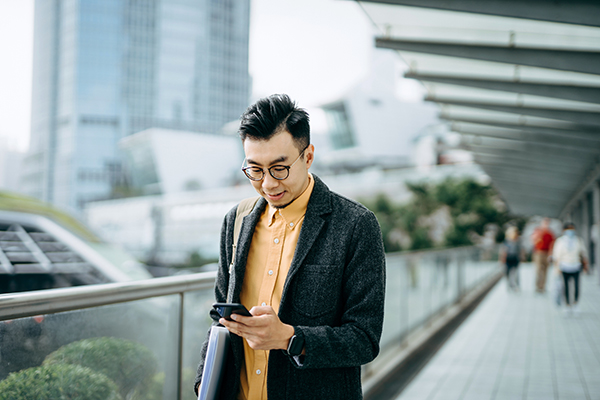As Covid-19 continues to take a toll on lives and livelihoods, building the right degree of financial security should be high on your list of priorities to protect your wealth.
As the long-awaited end of the pandemic draws nigh, 'normal life' edges ever closer but nobody knows if the economy will follow. With personal finances on the line, many regard market uncertainties with trepidation, watchful for signs of hope that their savings will withstand the test of time.
Floundering economy or otherwise, Etiqa Insurance sheds light on strengthening your financial security in every climate.
What does financial security mean nowadays?
Financial security is more than just about the numbers, but a matter of confidence in being able to afford your lifestyle, regardless of circumstance. In general, a secure savings strategy should comprise assets of varying exposure, some of which intended to maximise your upside potential - meaning to increase the chances of a growth in value. Others should minimise your downside risk, curbing losses through guaranteed capital and protection. In such overcast weather, the latter can deliver the assurance that your savings and the lives of all who depend on you are secure.

Purchase safe haven assets
Safe haven assets refer to securities that can retain or grow in value during times of economic instability. A notable example is gold, being that its value is independent of any government or currency. Defensive stocks - issued by companies providing essential products and services like healthcare and utilities - may also perform better in a downturn than most other securities. Naturally, these assets do not promise immunity from disaster, but can add helpful diversity to your portfolio in a challenging financial climate.
Maintain a robust emergency fund
A healthy emergency fund should be among your key defenses in an economic downturn. These savings are meant to bolster the impact of unexpected events on your finances, such as retrenchment, while giving you and your loved ones enough time to find your footing again. As a general rule, your emergency savings should be equal to between 3 and 6 months of your income, in cash or assets with high liquidity.
A tip: separating your emergency fund from your other savings can cultivate good financial discipline, so you don't spend more than you should. This divide can be established by depositing your emergency fund in a separate bank account or under a flexible insurance savings plan.
Trust in fixed deposits


In a thriving economy, fixed deposits may not seem a worthwhile allocation of your funds, but the perspective shifts in times of crisis. The returns on fixed deposits, while conservative in broader comparisons, offer welcome assurance of stable profit in moments where other securities are performing worse or even incurring losses. Contrary to popular belief, you can withdraw money from a fixed deposit. Although this can mean earning less interest and taking on additional risk, the additional source of liquidity can help you keep your head above rising waters.
Insurance savings plans
Carefully selected insurance savings plans can help you meet both long- and short-term goals. Many insurance savings plans guarantee your capital at maturity along with other benefits, potentially including guaranteed and non-guaranteed bonuses. When saving with life goals in mind, choose a plan that matures in time for you to meet each milestone.
Insurance savings plans that guarantee returns serve as firm foundations in turbulent times and can keep your financial plan intact and progressing healthily, no matter the uncertainty. This goes double when it comes to saving for your children's education or your retirement - there can be no compromise and only the most steadfast of savings strategies will do.
Amid the COVID-19 outbreak, it seems impossible that anyone could foresee the turmoil this global pandemic would bring. It is at times like these that those prepared for the worst will enjoy peace of mind, just as you will with a portfolio built to endure.

the bottom line:
Rainy days will come but always be sure to have an umbrella on standby.
 Linkedin
Linkedin Facebook
Facebook Email
Email Whatsapp
Whatsapp Telegram
Telegram
